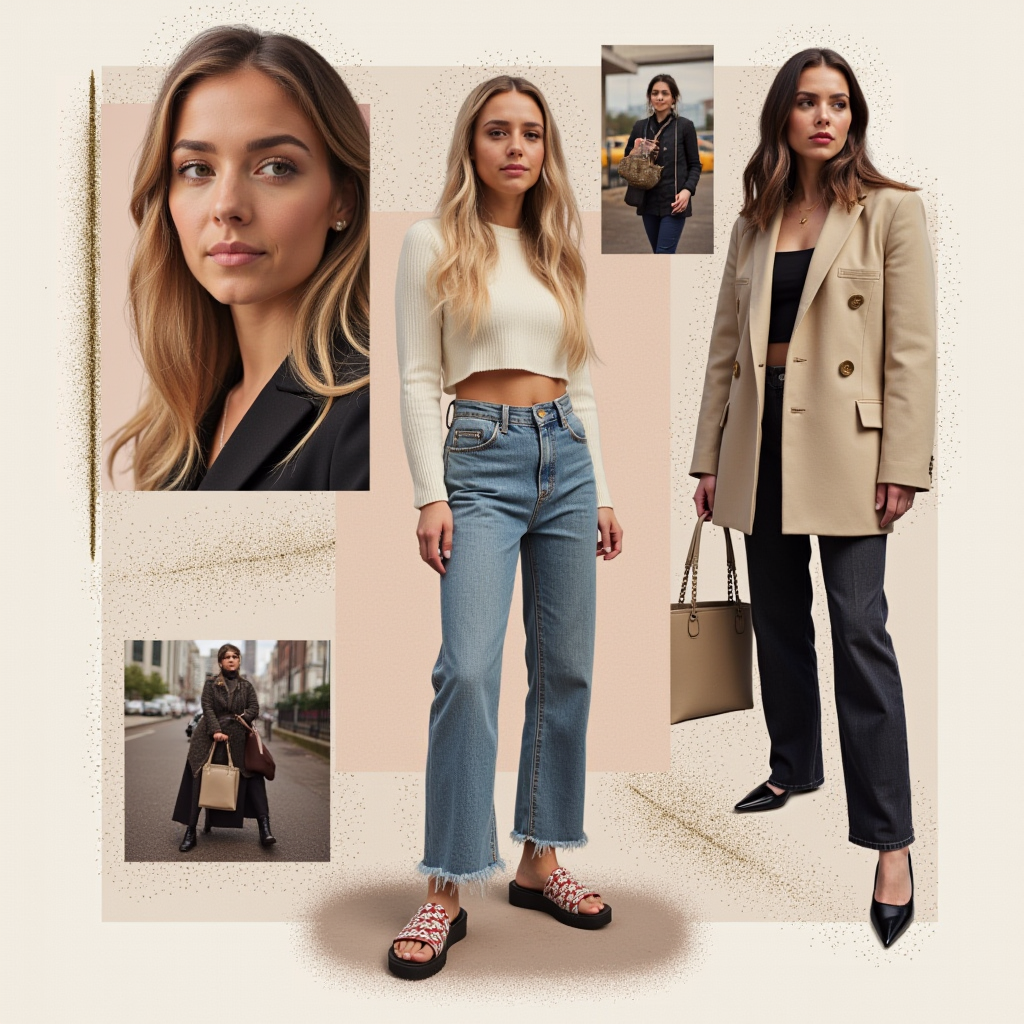Can You Ever Really Own an Aesthetic? That’s the Question at the Center of This Influencer Lawsuit

The intersection of influencer culture and legal action has never been more intriguing, as a lawsuit in Minnesota unfolds with charges of aesthetic theft. In what’s colloquially dubbed the “sad-beige lawsuit,” Sydney Nicole Gifford accuses Alyssa Sheil of appropriating her unique aesthetic—prompting questions about ownership in the digital age.
Understanding the Parties Involved
The plaintiff, Sydney Nicole Gifford, is a TikTok influencer based in Minneapolis known for her signature beige-and-neutral-heavy style. She alleges that Alyssa Sheil—an Amazon influencer from Austin—copied her aesthetic after they met to discuss a potential collaboration. The accusations include duplicating apartment designs, camera angles, font choices, and even Gifford’s haircut.
What Does Gifford Seek?
- Gifford has reported Sheil to Meta, TikTok, and Amazon for copyright infringement.
- A cease-and-desist letter was sent, followed by a lawsuit filed under the DMCA in April, seeking $150,000 in damages for mental anguish and lost income.
- She demands that Sheil’s online content be removed from platforms.
The Clean-Girl Aesthetic: Cultural Context
The “clean-girl aesthetic” is characterized by low-maintenance makeup, earth-toned neutrals, and an overall minimalist vibe. It entered mainstream consciousness largely due to figures like Hailey Bieber but has deeper roots in Black and brown communities. Gifford claims that this style is central to her brand identity.
Sheil’s Defense
Alyssa Sheil argues the aesthetic is widely popular, stating to The Verge: “There are hundreds of people with the exact same aesthetic, and I’m the only one that’s having to go through this.” This defense underscores the broader debate about uniqueness in influencer aesthetics.
Legal Precedents and Influencer Labor
This lawsuit may set a significant precedent for the protection of digital content creators. As Mia Sato from The Verge notes, influencers face cultural stigmas that complicate their labor’s legal recognition. Despite their substantial influence, they often lack protections against exploitation.
Exploring Influencer Rights
This case raises essential questions about intellectual property in digital spaces: Can an aesthetic be copyrighted? What are the boundaries of creative inspiration versus infringement?
The Broader Implications
The legal battle between Gifford and Sheil could influence future influencer collaborations, encouraging clearer agreements and perhaps more standardized practices regarding content creation and sharing.
Personal Perspectives on Aesthetic Ownership
In the ever-evolving world of social media, defining personal brand identity becomes increasingly complex. As creators continue to draw inspiration from each other, it’s crucial to recognize originality while respecting others’ creative expressions.
This lawsuit underscores a pivotal moment in digital culture, reflecting our evolving understanding of ownership and influence. It invites us all—creators and consumers alike—to consider the ethical dimensions of aesthetic borrowing in this interconnected world.